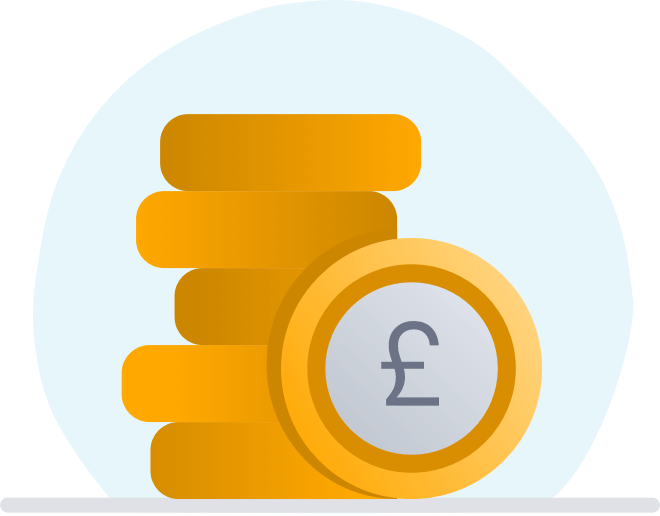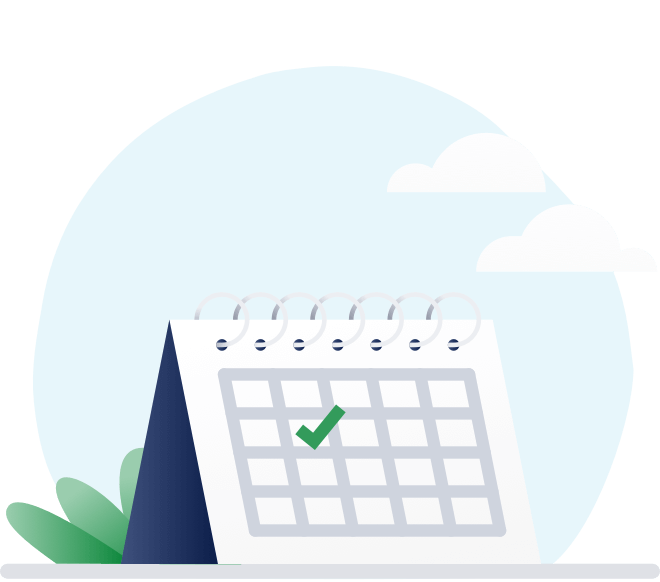Everyone needs to borrow money from time to time. That could be to buy a car or go on holiday. So, it’s important to know the different ways you can borrow.

On this page

Plan ahead
Work out how much you need to borrow and how long you'll be paying it back to get an idea of how much it’ll cost you each month.

Look at your costs
Work out how much you’ll repay over the whole loan – if you can, making overpayments could reduce the total amount you pay.

Don’t miss payments
Missing a payment could poorly affect your credit rating. A Direct Debit makes sure your payments are made on time each month.
The APR includes the interest rate plus any annual or set-up fees associated with the money you've borrowed, giving you the total annual charge you'll have to pay for your credit. It doesn't include additional charges such as fees for early or late repayment.
APRs vary very widely - from single figures of 2-5% for mortgages, to 25% or more for some credit cards and store cards. Short-term "payday loans" often carry APRs of 300% or more.
When you're thinking about how much you can afford to pay back every month, don't stretch yourself too thin. Factor in unexpected or one-off expenses that might crop up, such as your car MOT or your boiler breaking down, and remember you need money for non-essentials too.
When thinking how much you can afford to repay, don't just be swayed by the lowest monthly payments: look at the amount you'll have to repay in total and over how long.
The longer you borrow the money for, the more interest you'll pay. If two loans have the same APR but one is over three years and one over five years, the five-year loan is likely to end up costing you more even if the monthly repayments are lower.
If you don't keep up your repayments on money you've borrowed, it can affect your credit rating. This could make it difficult to borrow money in the future, even if you're financially secure at the time. Being financially linked with someone with a bad credit rating can affect your rating too.
Different lenders use credit ratings in different ways, so it's worth trying another lender if you're turned down by the first - but be aware that too many credit checks in a short period of time can also have a negative effect on your score.
Please be aware your request for credit will be registered on your credit file. The final decision (accept/decline) on your application for credit is not recorded with credit reference agencies. Please be advised too many credit checks in a short period of time may have a negative impact on your credit score and could reduce the chances of you being accepted by a different lender.
If any of the information about you is incorrect, you can ask the agency to change it. Credit Reference Agencies don't decide if you can borrow money: their customers are the lenders, so they want information that's as accurate as possible.
For more information on how credit ratings work, read our guide to managing your credit score.

